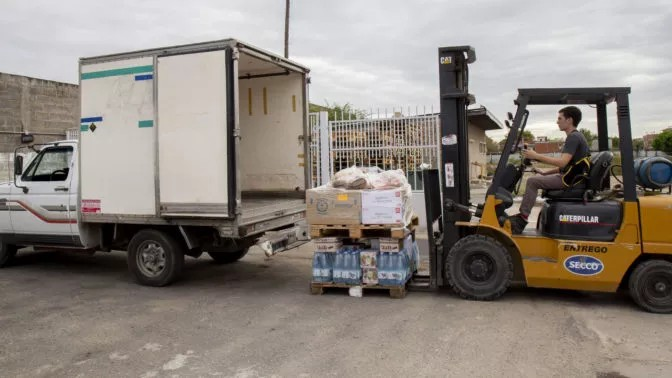And The Next Law School To Close Down Will Be….
We’ve chronicled the misfortunes of the InfiLaw institutions in great detail in these pages. But if you haven’t been following along, Ward’s piece — titled “Charlotte School of Law not alone in facing an uncertain future,” where “uncertain future” is a nice euphemism for “deep doo-doo” — nicely summaizes the different disastrous developments at the various schools (which can be tough to track because, well, there seems to be a new one every month).
The story begins with the sad tale of Barbara Strang, a 2015 graduate of Charlotte School of Law who hasn’t passed the bar exam yet and who owes more than $200,000 in law student loans. For her, the demise of CSL would be a mercy:
Read more>>“[Strang] and other CSL graduates are seeking federal loan forgiveness, which is a possibility—if the for-profit law school goes out of business. While that’s still to be determined, the grads don’t have to make payments. But the interest continues to accrue.Last year, the Department of Education, then under the Obama administration, cut off federal loans to current CSL students. The federal loans were released at the end of the school year, but only for some students. And it’s not just the students and graduates: The law school itself is caught in a grim scenario….Arizona Summit Law School, another InfiLaw school, was put on probation by the ABA in March.
The third InfiLaw school, Florida Coastal School of Law in Jacksonville, could soon follow in CSL’s footsteps:
“[I]n January, [Florida Coastal] was found to be out of compliance with the DOE’s debt-to-income ratio requirement placed on for-profit schools. It could lose access to law school loans if the ratio does not improve by next year.
The InfiLaw Schools are desperately pursuing affiliation agreements with nonprofit universities. But nonprofit status is far from a panacea. Ward notes that two nonprofit law schools, Indiana Tech and Whittier College, have announced their closures (and Indy Tech in fact closed in June).
PROMOTED
The following tactic reportedly employed by CSL is particularly cynical:
“According to 2017 graduate, Matt Blevins, a big problem for CSL students came in 2015, when the school changed its below-C curve from 20 to 45 percent.“They were bringing in all these people, and almost half of them are gone each year,” he says. “You get kicked out if you drop below a 2.0. These people uprooted their lives, took out full loans and have nothing to speak of after a year.”Blevins knows of 20 students who flunked out and were immediately readmitted—as first-year students. “They didn’t get to keep any credits, even if they passed the classes,” he says, adding that out of those 20 readmitted, only three avoided getting kicked out again.
If this is true, then CSL deserves great condemnation. At the same time, I can’t help wondering about personal responsibility. Who gets flunked out of a law school like Charlotte and then voluntarily re-enrolls?
As the old saying goes, “Fool me once, shame on you; fool me twice, shame on me.”



Comments